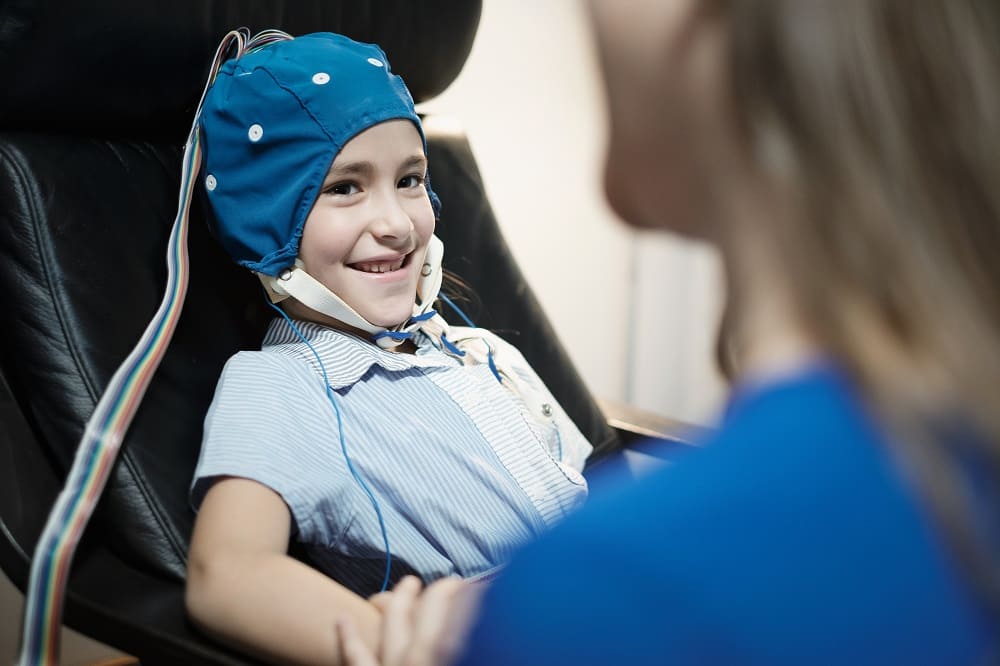Biofeedback Training for APA Continuing Education Credit
APA continuing education credit is a valuable resource for professionals in the field of psychology who want to stay up-to-date on the latest research and techniques. One area of study that is gaining popularity is biofeedback training, which involves using technology to monitor and provide feedback on physiological processes in order to improve health and well-being. APA continuing education credit for biofeedback training can provide psychologists with the knowledge and skills they need to effectively use this technique with their clients.
Biofeedback training is a type of complementary and alternative medicine that has been shown to be effective in treating a variety of conditions, including chronic pain, anxiety, and high blood pressure. It involves the use of sensors to monitor physiological processes such as heart rate, breathing rate, and muscle tension, and provides immediate feedback to the individual in the form of visual or auditory cues. This feedback can help individuals learn to control these physiological processes and improve their health and well-being.
APA continuing education credit for biofeedback training can provide psychologists with a solid understanding of the theoretical and practical aspects of this technique. Courses cover topics such as the history and development of biofeedback, the physiological basis of biofeedback, and the various types of biofeedback equipment and techniques. Psychologists may also learn about the ethical considerations involved in using biofeedback with clients, as well as strategies for integrating biofeedback into a broader treatment plan.
Besides learning about the theory and practice of biofeedback, psychologists seeking APA continuing education credit for biofeedback training may also gain hands-on experience with the equipment and techniques involved. This may include using biofeedback sensors to monitor their own physiological processes, as well as observing and providing feedback to others. By gaining this practical experience, psychologists can develop the skills they need to effectively use biofeedback with their clients.
Overall, APA continuing education credit for biofeedback training can be a valuable resource for psychologists who want to expand their knowledge and skills in this growing area of psychology. By gaining a solid understanding of the theory and practice of biofeedback, as well as practical experience with the equipment and techniques involved, psychologists can provide their clients with effective, evidence-based treatments that can help improve their health and well-being. Training programs that lead to certification by the Biofeedback Certification International Alliance may offer as many as 42 hours of credit for APA continuing education credit.
For questions contact Harry Campbell, President Biofeedback Resources International
Email: Harry@biofeedbackinternational.com
877-669-6463/914-762-4646





